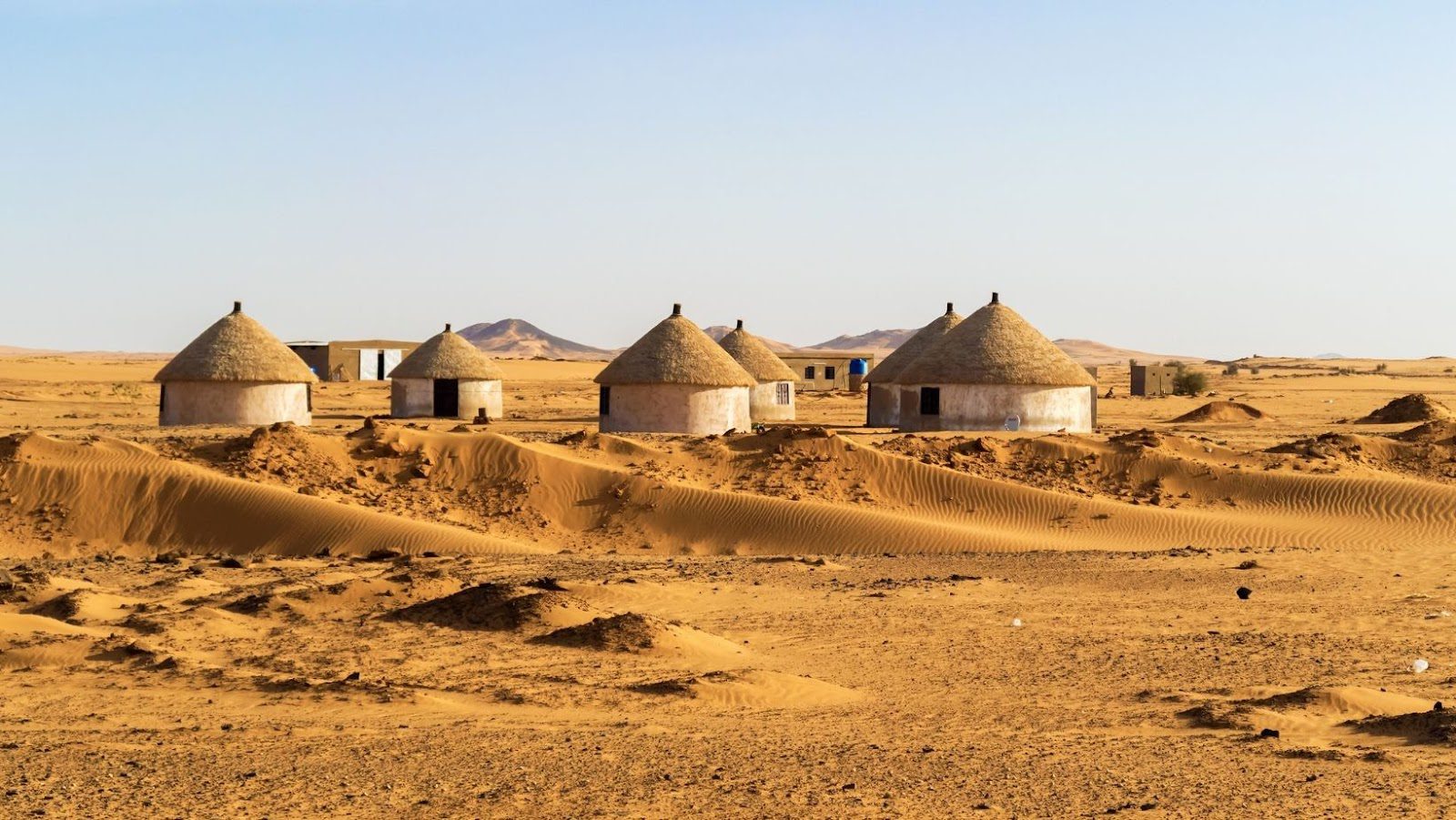Topix Dongola il: A Deep Dive into the Heart of Southern Illinois

Dongola, a small village in Union County, Illinois, might not frequently headline major news outlets, but it has a unique story worth telling. Nestled in the heart of Southern Illinois, this community encapsulates a rich blend of history, culture, and modern rural life. In exploring “Topix Dongola il,” we delve into various facets of this charming village, unraveling its past, present, and potential future.
Historical Roots and Cultural Tapestry
Dongola’s history is a vibrant tapestry, intertwining with the broader narratives of Southern Illinois and the United States. Originally settled in the early 19th century, Dongola, like many small towns in the region, has roots deeply embedded in agriculture. Named after Dongola, a region in Sudan, the village’s unique name reflects a period when names of exotic places captured the imagination of American settlers. This choice of name is a nod to the broader world awareness that existed even in rural America at the time.
As the nation evolved, so did Dongola. The village witnessed significant events, including the Civil War and the Great Depression, which shaped its development and the character of its people. The resilience and adaptability of Dongola’s residents are emblematic of the broader American spirit, mirroring the nation’s journey through prosperity and hardship.
Economic Evolution: From Agriculture to Modern Challenges
The economic landscape of Dongola has traditionally been anchored in agriculture, reflecting the rich, fertile lands of Southern Illinois. Farms producing corn, soybeans, and wheat are common sights, painting a picture of rural American productivity. However, like many small towns in the U.S., Dongola has faced its share of economic challenges in recent decades. The shift towards urbanization and the mechanization of agriculture have impacted job availability and the local economy.
In response, the village has seen a gradual diversification of its economic base. Small businesses, local artisans, and service-oriented enterprises have started to take root, reflecting a broader trend in rural American towns seeking sustainable economic models in a changing world. This economic evolution is critical for the survival and growth of small communities like Dongola, ensuring they remain vibrant and capable of supporting their residents.
Educational and Social Infrastructure
Education in Dongola, though operating on a smaller scale compared to larger towns, plays a crucial role in community life. Dongola Unit School District, serving the village and surrounding areas, embodies the tight-knit community spirit. Small class sizes allow for personalized attention, fostering a learning environment where students are not just numbers but recognized individuals.
The social infrastructure of Dongola extends beyond its school. Community events, local churches, and civic organizations contribute to a sense of belonging and mutual support. These institutions are the backbone of small-town life, offering residents a platform for social interaction, communal support, and local governance.
Natural Beauty and Tourism Potential
Dongola, surrounded by the natural beauty of Southern Illinois, is situated near several notable natural attractions. The Shawnee National Forest, with its sprawling landscapes, hiking trails, and rich biodiversity, is a short drive away. This proximity to natural wonders presents a potential for developing eco-tourism, an opportunity yet to be fully tapped by Dongola.
Promoting tourism in areas like Dongola can have a multifaceted impact. It would not only boost the local economy by bringing in visitors but also encourage the preservation of natural sites and the appreciation of local history and culture. For a village like Dongola, balancing tourism development with the preservation of its small-town character and natural environment would be key.
The Future of Dongola
Looking ahead, Dongola faces both challenges and opportunities. The key to its future lies in leveraging its strengths — a strong sense of community, rich history, and natural beauty — while adapting to the changing economic and social landscape. Embracing technology, promoting sustainable economic practices, and preserving its cultural heritage are crucial steps for Dongola as it navigates the 21st century.
In conclusion, “Topix Dongola il” reveals a microcosm of American rural life, highlighting the challenges and opportunities faced by small towns across the nation. Dongola’s journey is a testament to the resilience and adaptability of rural communities, underscoring the importance of understanding and supporting these vital parts of our national tapestry. As Dongola continues to evolve, it remains a poignant example of the enduring spirit and potential of small-town America.
welcome to my site, I am Faisal I have 3 years of experience in guest posting. retund is a guest posting website!



